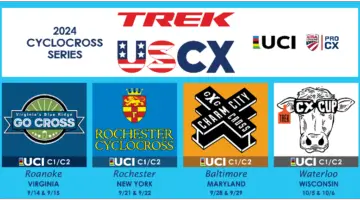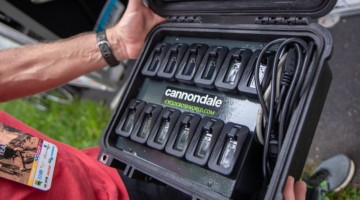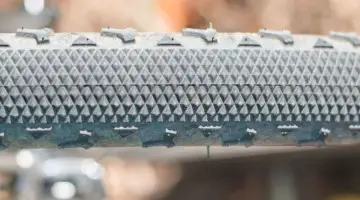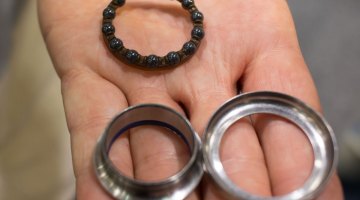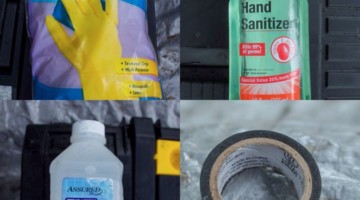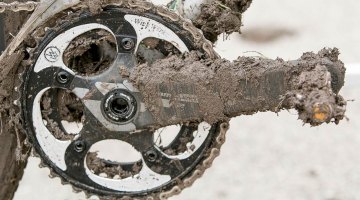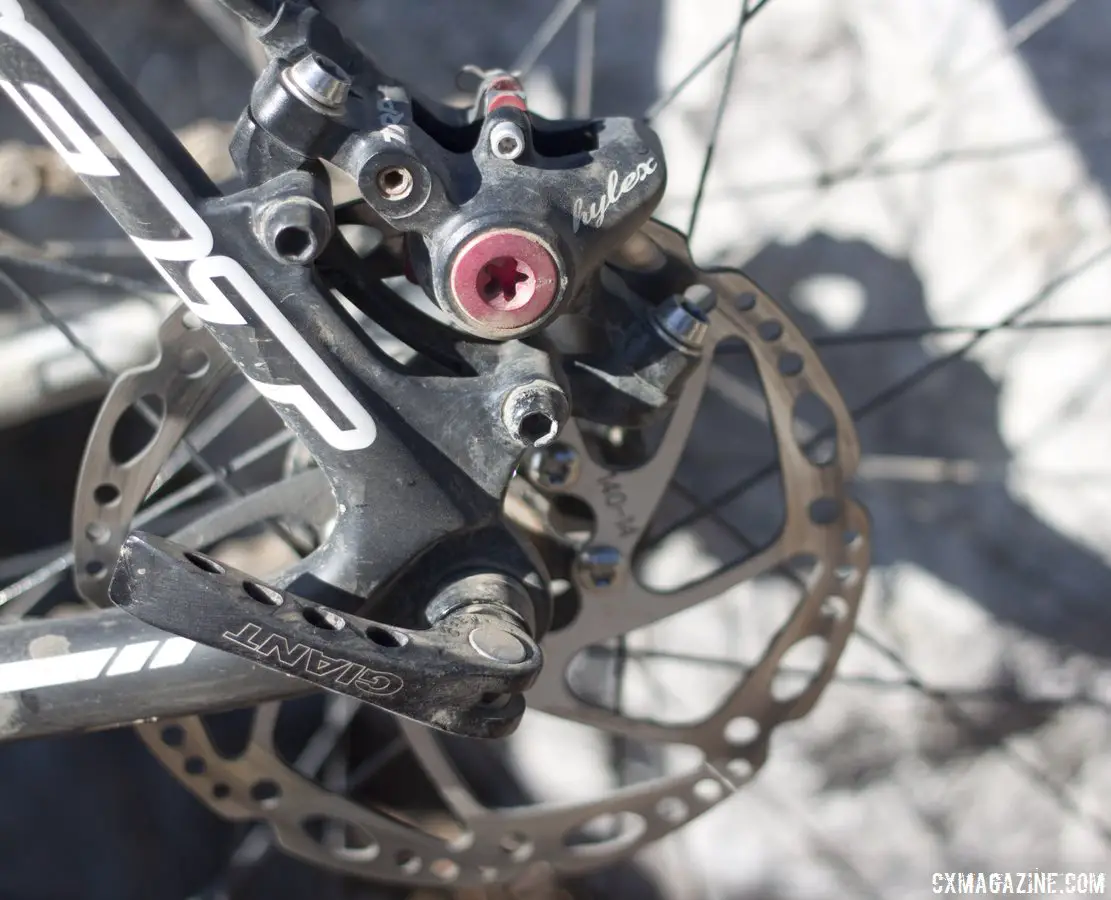
Knowing when and how to replace disc brake pads during a race makes any good pit mechanic worth his salt. © Cyclocross Magazine
As we approach the week of Cyclocross National Championships, we know that some of you will be getting your hands dirty in the pits. If you are new to the pit area, our would like to brush up on your etiquette, make sure to check out our article on the Do-and-Don’ts of cyclocross pits.
For those of you looking to continue your education, we offer some guidelines from the pros on changing brake pads for disc brakes in the middle of a race. Looking at the weather, there’s a chance you might need this advice if you’ve got disc brakes and will be racing on Friday, Saturday or Sunday:
[wunderground location=”Austin, TX” numdays=”6″ layout=”table-horizontal”]
Two years ago, at the 2012 National Championships in Verona, Wisconsin, some racers were surprised to wear out disc brake pads in a few laps, and had the frightening prospect of racing those downhills without brakes or a prepared pit crew. Since then, some racers and teams are prepared with longer-lasting metallic disc brake pads, but on a wet, gritty course, even those may not last a race. If a national championship title is what you’ve been planning your season around, and you’ve got disc brakes on your bike(s), do you have a plan for the worst case scenario?
Donn Kellogg, team leader of Raleigh-Clement, admits that their team attempts to take every precaution as to avoid needing a mid-race pad replacement, including fully cleaning the bikes after every race and using fresh pads before the whistle. Bill Marshall of KCCX and WD-40 notes that while his team runs with cantilever brakes, a solid crew with the proper management should be able to handle swapping brake pads within the time it takes for the rider to get back to the pits. Mechanics working alone, he follows, might have to make a few judgement calls.
Calvin Jones provided some handy tips for those individuals wondering if they should put their mechanical skills to the test this week. Jones, whose face is shown on the back of the Park Tool Big Blue Book of Repair, is the tool company’s Director of Education (as well as a current USA Cycling Race Mechanic Clinic Instructor and the former Chief Instructor to the Barnett Bicycle Instructor).
The cyclocross pit staff needs to be ready to change disc pads during the race. Pads can wear out on a single DH run in bad conditions, and so you better believe they can wear out in a cyclocross race. You need the knowledge, the tools, and then remember to get some practice.
Disc brakes in cyclocross are still a work in progress in the industry, and pads are not lasting like manufacturers suggested. That’s life in the pits; you can complain but it won’t make the pads last longer.
Racing is more stressful than training on both riders and equipment. By this I mean being a good shop mechanic is only the start of being a good race mechanic. You must know the technical part, but then must do this in an intense 6-8 minutes to make a pad change, and that includes a spray to clear the mud. Develop your system before your rider comes around the corner into the pit expecting the bike to be ready.
For mechanical discs, it is easy to pull the lever and get a sense of how much the pads are moving in. For hydraulics, you better blast them first before viewing how much piston is sticking out. I like to work over a chuck on carpet or rug for things like this. Dropping a pad keeper screw in the dirt can ruin your day. Beside needle nose pliers for cotter pins, or the correct hex/torx key for screw keeper pins, bring a piston press, the Park Tool PP-1.2, to quickly shove the piston back into the cylinders. The pistons will be out quite a bit from the pads getting thin.
If there is a takeaway from Jones’ advice it’s this: Testing your abilities as a race mechanic is best done in a controlled environment before Nationals begins, not halfway through your buddy’s race. Also, don’t assume that because you’re running metallic or semi-metallic pads, or have self-adjusting hydraulic brakes, that you’ll be in the clear if conditions get sloppy.
If your racer pulls up in Austin with a bike you are not confident you can fix quickly, let them know. If the racer knows that you cannot guarantee that you can change out the brake pads within a half-lap, he or she can at least mentally manage their race while riding their pit bike instead of re-entering the pits minutes later unawares. Or even carry a Torx wrench or Allen key to adjust the pads in mid-race, in an emergency situation with mechanical disc brakes.
Mid-race communication is also key. Having signals you can provide to the riders while they pass by can help them excel to the finish. Even for cantilever brake-equipped racers (those pads can wear out too).











